During our surveys in the Acteon group we saw very few fish. There were few sharks or other large predators and even large herbivorous fish such as surgeonfishes and parrotfishes were noticeably low in number. The Acteon fish communities were dominated by small-bodied species such as damselfishes, wrasses, and butterflyfishes.
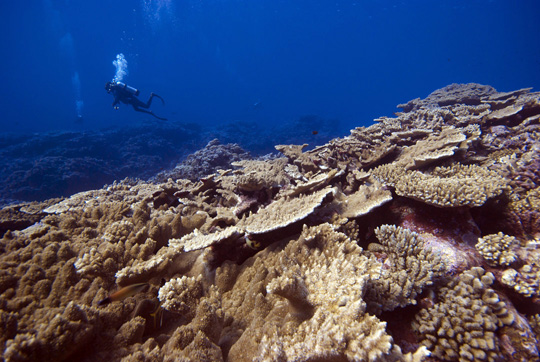
Factors Affecting Acteon Fish Communities
So why are the Acteon fish communities in such a pristine and isolated coral reef in such poor condition? Several factors may be at play. The Acteon group of islands is relatively isolated. The closest major land mass to the group is Mangareva, more than 220 km away. Due to its isolation the Acteon group is difficult to patrol and may be vulnerable to poaching. Both local and foreign fishing vessels may target tuna, jacks, groupers and snappers, and also sharks for the fin trade.
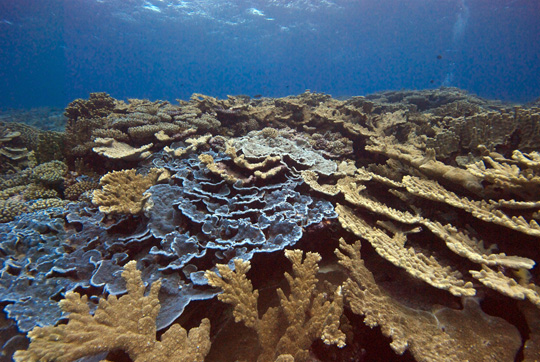
Also due to the large distances between the Acteon islands the other major island groups, it is possible that recruitment of fish larvae and immigration of adult fish into the islands is limited. This means that if the fish stocks were depleted by fisheries, recovery would largely depend on Acteon’s own remaining stocks.
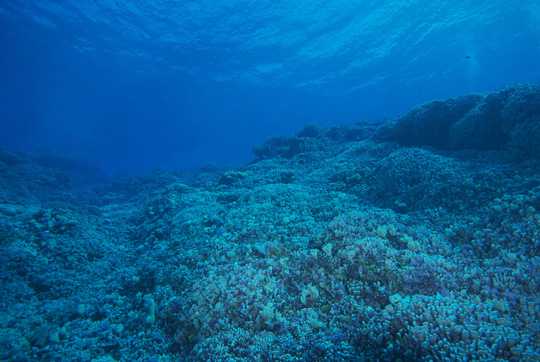
Despite the very high cover of live corals, the physical complexity of the reef was rather poor, with very little suitable habitat and shelter for large fish. The amount of large predatory reef fish has been associated with the availability of suitable shelter, and the physical complexity of the reef.
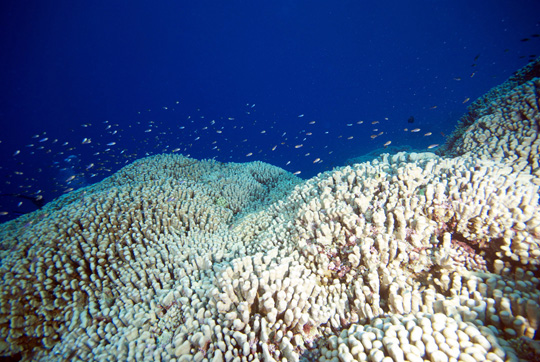
But all is not lost. Improved efforts to patrol the area may help prevent possible poaching of fish. And together with the very good condition of the coral reef, which has been relatively buffered from stressors which cause tremendous damage to reefs elsewhere, the abundance and variety of the large predatory species of fish may increase at the Acteon in time.
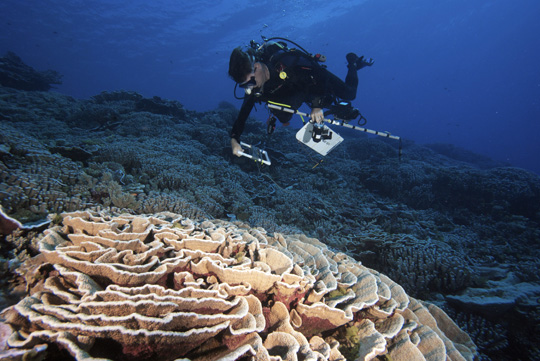
(Photos by Joao Monteiro)